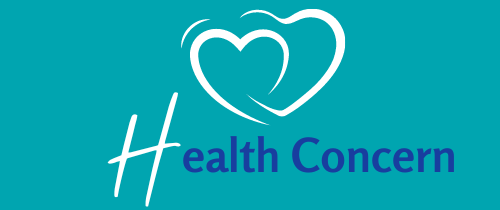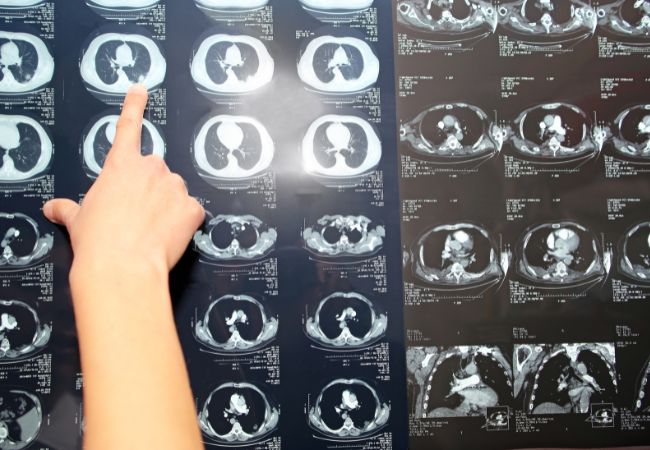Embolic Stroke: Symptoms, Treatment
A stroke happens when the blood flow to a specific piece of your brain stops.
Different fundamental frameworks can cause a stroke.
When this happens, the cells don’t get oxygen and begin to pass on, causing different secondary effects.
The aftereffects are changes in talk and deadness or deficiency of the face, legs, or arms.
It is necessary to choose the secret etiology of the stroke to coordinate confirmation-based treatment for discretionary evasions.
Doctors recommend anticoagulation for atrial fibrillation and revascularization in cervical carotid vein stenosis.
Related post:
Throbbing Headache: Causes, Symptoms
What is Embolic Stroke?
The word embolic was proposed in 1854 by Virchow1.
Virchow1 portrayed a patient with obstruction of the brain courses by groups that appeared to rise out of the heart.
Now available confirmation recommends that the ischemic strokes are embolic.
Embolic stroke is one of the most prominent clarifications behind mortality and somberness.
An embolic stroke is a sort of ischemic stroke that happens due to an improvement of oily stores and cholesterol, forming an obstacle in the brain.
Around 15% of embolic strokes occur in people with atrial fibrillation, a kind of uncommon heart musicality in which the upper heaps of the heart don’t throb effectively.
It must be rapidly examined and treated both in the extraordinary stage and for assistant aversion to avoid the high dreariness and mortality related to this condition.
What are the different types of stroke?
Symptoms of Embolic Stroke
Symptoms of embolic stroke can move according to the individual, yet they come on unexpectedly.
Muscular Symptoms:
- a lack of coordination
- strong muscles
- loss of movement or deadness of the face, arms, and legs
A couple of cognitive symptoms:
- Headache
- Wooziness
- chaos, or a changed state of mindfulness
Different Incidental Symptoms:
- slurred talk
- affliction
- darkened or twofold vision
- torpidity
- inconvenience swallowing
If you notice these aftereffects, whether or not they shift, you should search for clinical thought immediately.
If you’re with someone you suspect is experiencing a cardiovascular failure, bring 911 right and notice the individual eagerly while holding on for help.
Remember, brief embolic stroke treatment fundamentally deals with a patient’s chances of recovery.
Diagnosis of Embolic stroke
Your essential consideration doctor may similarly use one of the going with imaging tests to check and treat a stroke:
CT scan
The CT scan uses a movement of X-bars to fastidiously show the veins in your neck and frontal cortex more.
MRI
This test uses radio waves to recognize any brain tissue hurt by a stroke or brain release.
Carotid Ultrasound
Using bare essential pictures is a technique for reviewing your circulatory system and depicting any oily stores in your carotid arteries.
Cerebral Angiogram
This test incorporates installing a catheter through a little passage point and into your carotid or vertebral hallways. Starting there, your essential consideration doctor can spread out a distinct viewpoint on the stockpile courses in your neck and frontal cortex.
Echocardiogram
The echocardiogram uses sound waves to conclude the region of any blood coagulations that could have gone from your heart to your brain.
Your PCP may moreover guide blood tests to help choose:
- how quickly your blood coagulation
- whether your essential blood-manufactured compounds are lopsided
- your glucose level
- expecting you have an infection
Understanding these components can help suggest your treatment plan.
Embolic Stroke Risk Factors
Different factors can genuinely imperil you from a stroke or your potential outcome of having a cardiovascular disappointment. These include:
Lifestyle Factors:
- Being overweight or heavy
- Significant use of alcohol
- Smoking
- Usage of unlawful drugs like cocaine or methamphetamines
- Genuine inactivity
Clinical Factors:
- Diabetes
- Raised cholesterol
- Cardiovascular sickness
- Obstructive rest apnea
- History of strokes in the family
- More prepared age – at least 55
- Direction – Men have a higher bet of experiencing a coronary episode
Other bet components and traps:
- Mental deterioration/thinking inconveniences
- Significant issues
- Torture
- Loss of movement
- Inconvenience talking or swallowing
- Changes in direct
Embolic Stroke Treatment
An embolic stroke happens when blood coagulation in the body relaxes and goes to the psyche through the circulatory framework, at last dwelling in a vein, blocking the circulation system, causing a stroke.
Embolic stroke treatment is portrayed by advancing endeavors to restore the circulation system to the brain as quickly as could be anticipated.
Doctors must restore blood flow rapidly to decrease the likelihood of reliable brain hurt.
Treatment types
Embolic stroke treatment could include:
Coordinated Medication
Aspirin tablet decreases the probability of another stroke occurring. It can thin the blood and help with hindering blood bunches from outlining in the circulatory framework.
Another potential remedy is a tissue plasminogen activator (tPA). It is given to stroke patients intravenously through the arm to deteriorate blood clusters. Regardless, this treatment is convincing if controlled a few hours after the stroke.
Emergency strategies
Emergency treatments may be applied depending on where the embolic stroke has occurred. The techniques could consolidate carotid endarterectomy.
It is the removal of plaque covering the carotid stock course to additionally foster a circulation system, or mechanical bunch clearing, in which a catheter is implanted into the psyche to isolate the coagulation.
Treatment through emergency frameworks:
- The solution is given directly to the frontal cortex through a catheter
- Mechanical cluster departure using a catheter
Medical procedures:
- Carotid endarterectomy
- Angioplasty and stents
How fast is an Embolic Stroke Recovered?
After the stroke has passed, treatment twirls around recovering strength and recovering any limit that you’ve lost. Express prescriptions will depend upon the area of your frontal cortex and the level of the mischief.
You’ll probably require advancing momentary consideration, medication, and close noticing for a long time after a stroke. A drawn-out reclamation office or program may be together.
Preventions for Embolic Stroke
Knowing your risk can help prevent a future stroke, especially if taking other preventive measures.
Visit your PCP regularly if you have raised cholesterol, diabetes, or a consistent resistant framework sickness.
Noticing your condition and following your PCP’s ideas can help keep or limit anticipated burdens from a stroke.
You can moreover hinder a stroke by following a sound lifestyle:
- Keep a healthy weight.
- Eat an eating routine well off in results of the dirt.
- Work-out regularly.
- Drink alcohol just with some limitations.
- Go without unlawful drug use.
Final words
Embolic strokes are due to blood coagulation that structures elsewhere in the body (embolus) and goes through the circulatory framework to the psyche.
Embolic strokes result from coronary disease or heart operation and happen rapidly with close to no propel notification signs.
Evaluation and treatment for a stroke should begin immediately.
The speedier emergency treatment begins, the chance hindering persevering through the damage.
Treatment depends upon the kind of stroke you’re having.

